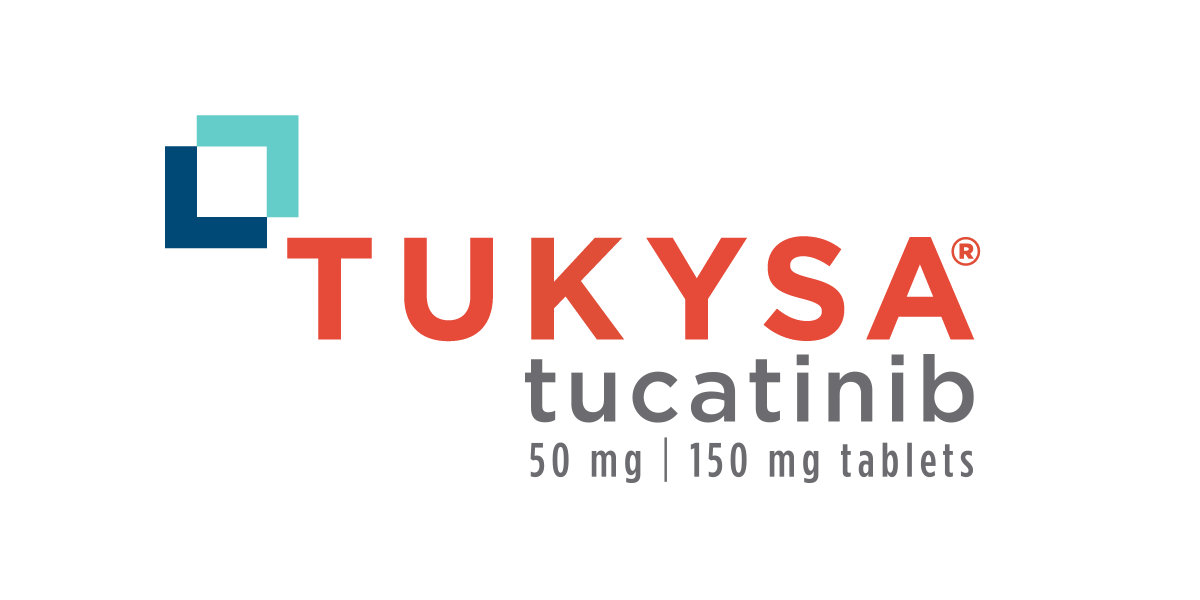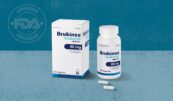Accelerated approval is granted by FDA to tucatinib with trastuzumab for colorectal cancer
In February 2023, the Food and Drug Administration (FDA) sped up the approval of tucatinib (Tukysa, Seagen Inc.) and trastuzumab for the treatment of RAS wild-type HER2-positive colorectal cancer that has spread or can not be removed after fluoropyrimidine-, oxaliplatin-, and irinotecan-based chemotherapy.
An open-label, multicenter experiment called MOUNTAINEER (NCT03043313) examined effectiveness in 84 patients. Patients needed to have previously received treatment with fluoropyrimidine, oxaliplatin, irinotecan, and an anti-vascular endothelial growth factor (VEGF) monoclonal antibody in addition to having HER2-positive, RAS wild-type, unresectable, or metastatic colorectal cancer (mAb). People who needed an anti-programmed cell death protein-1 mAb also had cancers that did not have mismatch repair (dMMR) proteins or had a lot of microsatellite instability (MSI-H). Patients who had previously received anti-HER2 targeted therapy were not eligible.
Patients received tucatinib 300 mg orally twice daily along with trastuzumab (or a trastuzumab product not licenced for use in the United States) given at a loading dosage of 8 mg/kg intravenously on Day 1 of Cycle 1 and a maintenance dose of 6 mg/kg on Day 1 of each subsequent 21-day cycle. Patients received treatment up until the onset of unacceptable side effects.
Overall response rate (ORR) and duration of response (DOR), as determined by a blinded independent central review, were the key efficacy measures (RECIST version 1.1.). The median DOR was 12.4 months (95% CI: 8.5, 20.5), and the ORR was 38% (95% CI: 28, 49).
Diarrhea, lethargy, rash, nausea, abdominal discomfort, infusion-related responses, and pyrexia were the most frequent side effects (20%). Increased creatinine, hyperglycemia, ALT, decreased haemoglobin, AST, bilirubin, increased alkaline phosphatase, decreased lymphocytes, decreased albumin, decreased leukocytes, and decreased sodium were the most prevalent laboratory abnormalities (20%).
In conjunction with trastuzumab, a dose of 300 mg of tucatinib orally twice daily is advised until the disease progresses or there is unacceptable toxicity.
Project Orbis, an initiative of the FDA Oncology Center of Excellence, was used to carry out this review. Using the infrastructure that Project Orbis provides, international partners can submit and review oncology medications simultaneously. The FDA and the Australian Therapeutic Goods Administration worked together on this review (TGA). At the other regulatory organisation, the application review is still proceeding.
View full prescribing information for Tukysa
Dr. Nishant Mittal is a highly accomplished researcher with over 13 years of experience in the fields of cardiovascular biology and cancer research. His career is marked by significant contributions to stem cell biology, developmental biology, and innovative research techniques.
Research Highlights
Dr. Mittal's research has focused on several key areas:
1) Cardiovascular Development and Regeneration: He studied coronary vessel development and regeneration using zebrafish models1.
2) Cancer Biology: At Dartmouth College, he developed zebrafish models for studying tumor heterogeneity and clonal evolution in pancreatic cancer.
3) Developmental Biology: His doctoral work at Keio University involved identifying and characterizing medaka fish mutants with cardiovascular defects.
4) Stem Cell Research: He investigated the effects of folic acid on mouse embryonic stem cells and worked on cryopreservation techniques for hematopoietic stem cells.
Publications and Presentations
Dr. Mittal has authored several peer-reviewed publications in reputable journals such as Scientific Reports, Cardiovascular Research, and Disease Models & Mechanisms1. He has also presented his research at numerous international conferences, including the Stanford-Weill Cornell Cardiovascular Research Symposium and the Weinstein Cardiovascular Development Conference.
In summary, Dr. Nishant Mittal is a dedicated and accomplished researcher with a strong track record in cardiovascular and cancer biology, demonstrating expertise in various model systems and a commitment to advancing scientific knowledge through innovative research approaches.
- Comments Closed
- February 5th, 2023






fluoropyrimidine, HER2-positive, oxaliplatin, Seagen Inc, tucatinib, Tukysa
CancerFax is the most trusted online platform dedicated to connecting individuals facing advanced-stage cancer with groundbreaking cell therapies.
Send your medical reports and get a free analysis.
🌟 Join us in the fight against cancer! 🌟
Привет,
CancerFax — это самая надежная онлайн-платформа, призванная предоставить людям, столкнувшимся с раком на поздних стадиях, доступ к революционным клеточным методам лечения.
Отправьте свои медицинские заключения и получите бесплатный анализ.
🌟 Присоединяйтесь к нам в борьбе с раком! 🌟